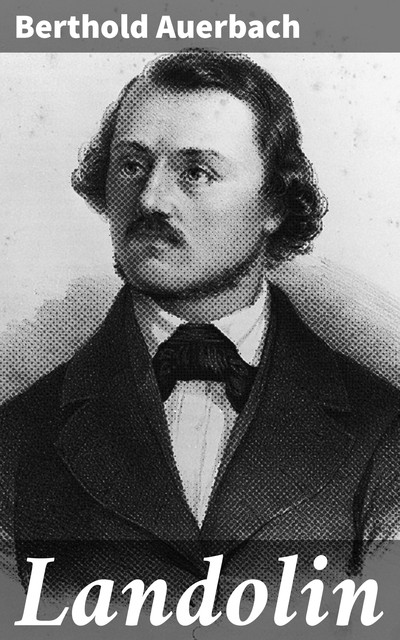We use cookies to improve the Bookmate website experience and our recommendations.
To learn more, please read our Cookie Policy.
To learn more, please read our Cookie Policy.
Accept All Cookies
Cookie Settings
In “Landolin,” Berthold Auerbach masterfully intertwines themes of nature, self-discovery, and the intricacies of rural life in 19th-century Germany. The narrative revolves around the titular character, Landolin, who embarks on a profound journey that reflects the philosophical currents of his time. Auerbach employs a rich, evocative prose style, drawing on vivid imagery and local dialects that breathe life into his characters and setting, firmly placing the novel within the context of Romantic literature. The interplay of personal introspection and societal observation provides a textured exploration of individual identity against a backdrop of communal values. Berthold Auerbach, a pivotal figure in the transition of German literature from the Romantic to the Realist tradition, was influenced by his own experiences as a Jew in a predominantly Christian society. His formative years spent in the Black Forest, along with his advocacy for social change, deeply informed his narrative approach, allowing him to address complex human emotions and the socio-political climates of his era in “Landolin.” Auerbach's commitment to depicting the struggles and triumphs of everyday life grounds his work in a poignant realism that resonates with readers. “Landolin” is a compelling read for those interested in the confluence of nature and personal growth, as well as the exploration of cultural identity. Its rich character development and philosophical depth invite readers to reflect on their own lives and the environments that shape them. Auerbach's story is not just a tale of one man'Äôs journey; it is a profound exploration of humanity, nature, and the ties that bind us.
more
207 printed pages
- Copyright owner
- Bookwire
- Original publication
- 2023
- Publication year
- 2023
- Publisher
- Good Press
- Translator
- Annie B. Irish
Other versions
Have you already read it? How did you like it?
👍👎
fb2epub
Drag & drop your files
(not more than 5 at once)


